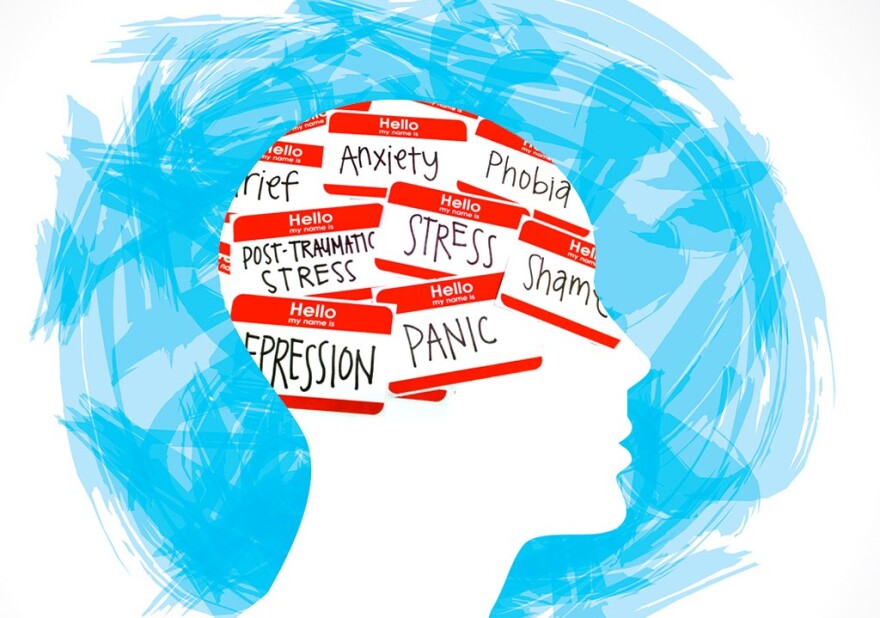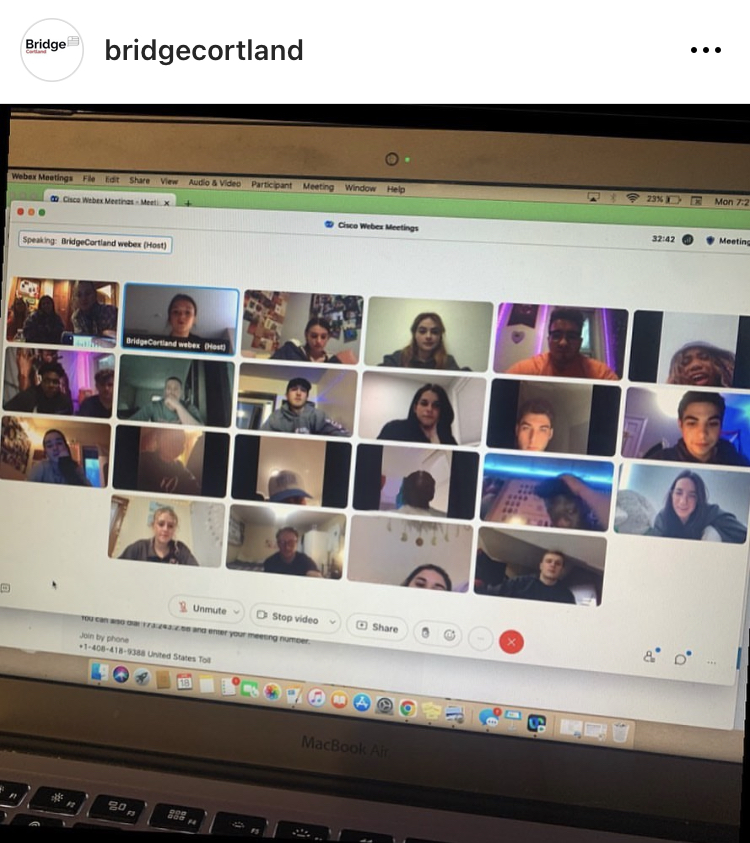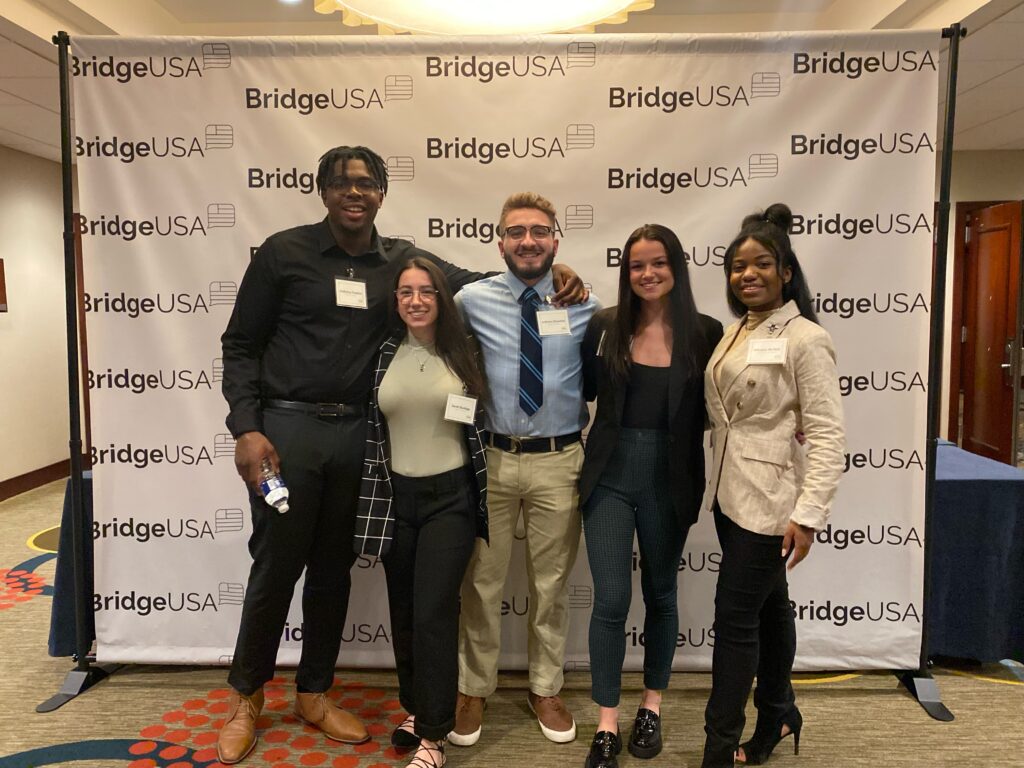Hailie Addison
The year is 2020. Some parts of the world were experiencing lockdowns and others were witnessing protests for change. I found myself using social media as a way to make sense of it all.
Prior to the pandemic, I had little interest in politics. But, as the global pandemic unfolded, it became impossible for any of us to avoid political discussions. Whether through social media platforms or within our own families, everyone seemed to be engrossed in conversations about Donald Trump, the handling of the pandemic, or the Black Lives Matter protests.
Suddenly, I had views on a variety of political topics. But I did not know what to do with them or how to navigate political discussions. I had tried engaging in Twitter threads and on Facebook posts but more often than not, I was called names and was told my views were “stupid” or worse. I even lost relationships I had with hometown friends and family members because they “couldn’t associate with someone who had my views.”
As if the confusion and loneliness of the pandemic weren’t enough, experiencing a sort of political awakening amidst such circumstances somehow made the situation worse. But I wasn’t the only one experiencing this issue.

A survey in 2022 found that 42% of Gen Z young adults are diagnosed with a mental health condition, over half of which were diagnosed during the COVID-19 pandemic. Another 40% of Americans said that politics were a source of significant anxiety, stress, insomnia, and even suicidal thoughts, with negative impacts more prominent in those who were young, politically engaged, or opposed to the government. The polarization of today’s politics is a driving factor for this statistic.
Because of polarization, politics has become hostile leading to heightened levels of stress and anxiety.
In today’s political landscape, most people are only exposed to divisive rhetoric and heated debates with an end goal of short term political wins. Not only is this emotionally draining, it creates a sense of hopelessness and isolation.
So where do we go? Do we ignore political discourse and remove ourselves from the conversation all together? Or do we stay in our echo chambers where our views are the right answer and risk losing relationships with people we care about?
During my junior year of college, I was interning my school’s Civic Engagement Office and was required to attend a virtual event. One of the students on the call mentioned an organization called BridgeUSA and said they were working to fight polarization on college campuses. I did some of my own research on the organization and soon realized this was the answer to my problems. Their mission talked about constructive engagement, ideological diversity, and solution oriented politics. It was a movement for young people, led by young people.
After a call with the CEO, I got to work on building a team of my close friends to help me take on the issue of polarization on my campus. The first issue we tackled was COVID-19 rules and regulations. The five of us somehow managed to pull off a Q&A panel with SUNY Cortland Administrators and Cortland officials (including the mayor and the dean). Next thing I knew, I had emails and texts flooding my phone asking how other students could get involved.
A year later I had formed a community of 40 students who all felt the same way I did about politics. Some of them had stories of being isolated from their families due to their political beliefs. Others were too afraid to speak up in class because they were worried about judgment from their peers and professors. Some had lost friends due to political arguments.

But because of BridgeUSA, we were all able to come together and share those experiences and share our beliefs without judgment.
I have met some of my best friends through BridgeUSA, some of those people have completely opposite views as me. And although I may not agree with those views, we accept each other for who we are and not for what we believe in. We are willing to have hard conversations but respect one another enough to listen and walk away from those conversations with understanding and empathy.
Now, I work for BridgeUSA. I am honored to contribute to the establishment of communities akin to the one that once supported me. Each day, I have the privilege of engaging with students who share similar stories to mine and possess a desire for the very things I was looking for. The solution that we collectively advocate for is a community where individuals from all political backgrounds can come together, engage in constructive conversations and be accepted. That community is BridgeUSA.

